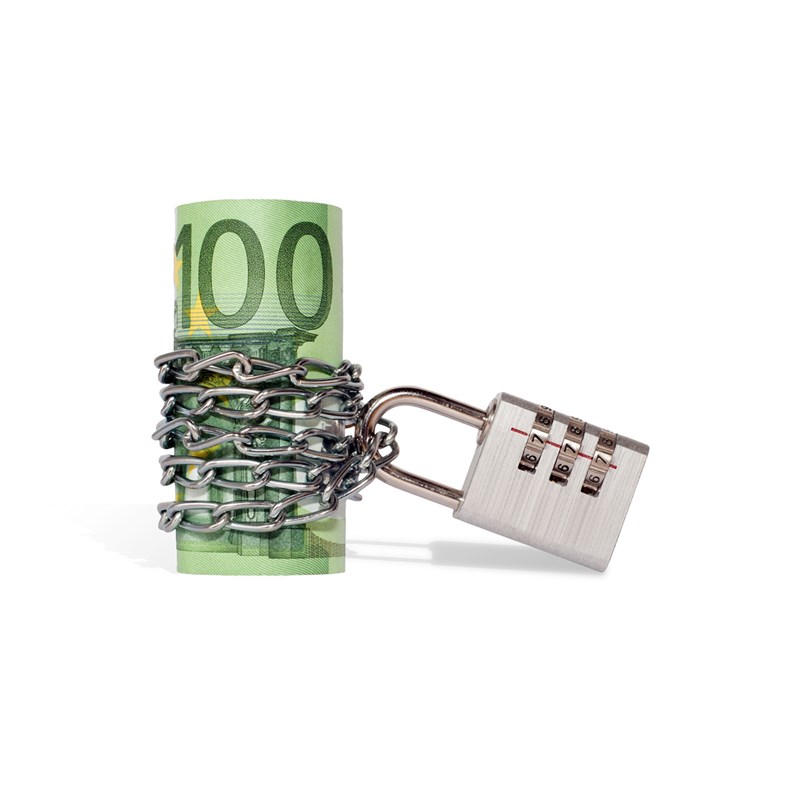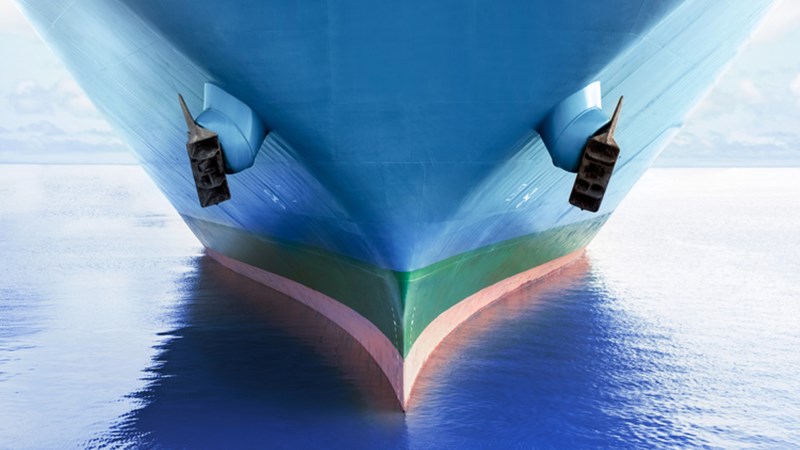Conservatory arrest of assets in the Netherlands; obtaining security, putting pressure and/or creating jurisdiction
September 2020
The Netherlands have a reputation as an excellent place to arrest vessels – and rightly so. Many ships will at some stage call in Rotterdam. After all, it is still the biggest port in Europe. What is less well known is that not only (sea going) vessels can be arrested, but in essence every asset of one’s debtor. For example, bank accounts, claims against underwriters under insurance policies and shares in Dutch companies can be arrested as well. It is also possible to arrest evidence (we refer to our blog). A prejudgment arrest can be made to obtain security for a claim or to secure a claim. In addition, an arrest may create jurisdiction for the Dutch court to deal with the merits of the dispute in respect of which the arrest was made.
Potential purposes of an arrest
One of the main rules of Dutch law is that a creditor is allowed to take recourse against all assets of its debtor. In order to make sure that a (later) judgment can be enforced, the creditor is also allowed to make conservatory attachments/arrests (hereafter: “arrests”) on the assets of its debtor. Both to obtain security for the claim, and also to put pressure on his debtor to comply with his obligations. More concrete, an arrest can prevent a debtor from frustrating recovery, for example, by transferring or hiding his assets. A direct result of the arrest is the pressure it puts on the debtor to comply with his obligations. In addition, an arrest can also be made in order to create jurisdiction of the Dutch court.
Security – RGF 2008
Assets are often arrested to obtain financial security for a claim. As a matter of Dutch law, when sufficient security is offered for a monetary claim, the arrest needs to be lifted. In Rotterdam in general and in the shipping business in particular, security is usually provided on the Rotterdam Guarantee Form (“RGF”). This security form has jointly been developed by several maritime practitioners. The form is subject to Dutch law and jurisdiction. Unlike the situation in other jurisdictions, these provisions do not extend to the merits of the dispute. It is not considered to change underlying agreements, if any. The RGF also provides, inter alia, that the guarantee remains in place when the original debtor has gone bankrupt.
Pressure
An arrest can also be made with the aim to put pressure on one’s debtor to comply with its obligations. The Dutch legislator has recently approved legislation that intends to reduce arrests that are made with the sole purpose to put pressure and whereby the costs of the arrest are likely to be higher than the actual financial benefit that may be derived from the arrest. However, such arrest is still possible when the debtor’s interests are not harmed disproportionally by the arrest. When a debtor is unwilling rather than unable to pay, an arrest to put pressure is still possible.
Jurisdiction; to grant arrest permission and to deal with the merits of the claim
Assets in the Netherlands or the EU
In order for a Dutch Court to have jurisdiction to grant an application for arrest, the debtor’s assets have to be within the Dutch jurisdiction. In certain circumstances, Dutch courts are also willing to grant permission to arrest assets that are present in other Member States of the European Union.
Forum arresti
The court that granted the permission to arrest in principle also has jurisdiction to deal with the merits of the underlying dispute. The underlying idea of this so called forum arresti is that it does not make sense to arrest property if the underlying claim cannot be enforced against that property. The Dutch Code of Civil Proceedings provides that when the debtor does not have a known place of residence in the Netherlands and there is no other possibility to obtain an enforceable title in the Netherlands, the claim on the merits can be brought before the court that granted the arrest permission. The arrest will then create jurisdiction on the merits. In fact, it is not even necessary to actually make the arrest to establish jurisdiction. When security is put up to prevent an arrest, before the arrest is made, the arrest permission is sufficient to create jurisdiction on the merits.
Jurisdiction is not created, however, when there are other options to obtain a title that can easily be enforced against the arrested asset. Titles that are regarded as easily enforceable include judgments from courts of EU member states and courts in countries with whom the Netherlands have concluded an enforcement treaty. It should be noted that when the parties to the dispute have concluded a valid choice of court or arbitration agreement, the same will bar the Dutch Court’s jurisdiction on the merits as well. However, the mere allegation that an arbitration agreement applies will not be sufficient to prevent the Dutch court’s jurisdiction. Recent case law shows that Dutch courts duly verify the invoked clause’s material and formal validity. And Dutch judges are not afraid to set aside such clauses when the same do not meet the standards.
Benefits of Dutch litigation
The first obvious benefit of the forum arresti is that enforcement against the arrested assets can be arranged. In addition, a judgment from a Dutch court can easily be enforced in other countries in Europe. As such, an arrest may also open possibilities to take recourse against the debtor’s assets present in other EU member states.
It is also relevant to note in this respect that the Dutch Courts have an excellent international reputation. The Dutch judiciary is ranked among the most efficient, reliable and transparent worldwide. In several Dutch courts it is possible to litigate in the English language. (For additional information on litigation in the Netherlands in general see our blog).
Arrest; a useful tool
The reasons to make an arrest in the Netherlands can range from obtaining security, putting pressure and/or creating jurisdiction. In essence, an arrest can be a very useful tool to make sure that a debtor duly complies with his obligations.










